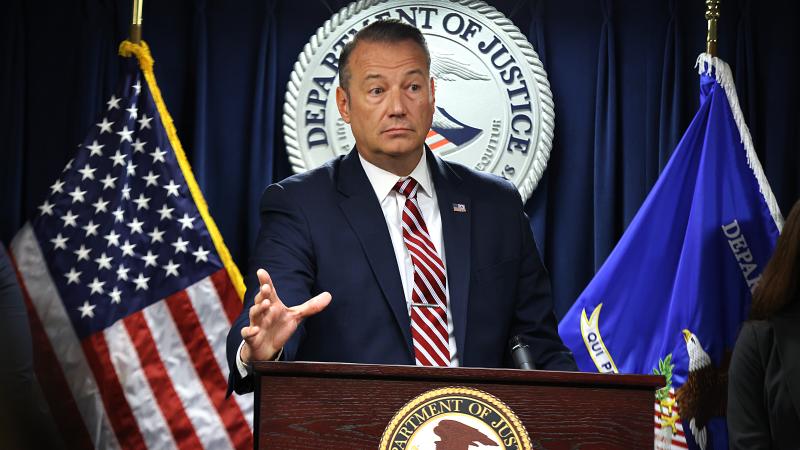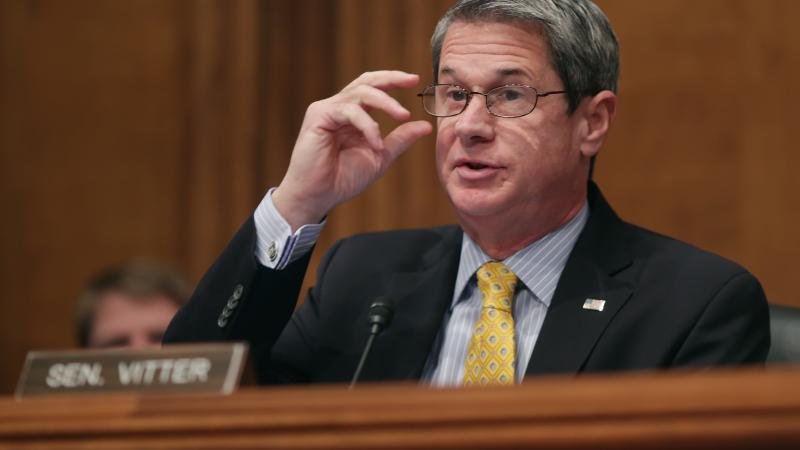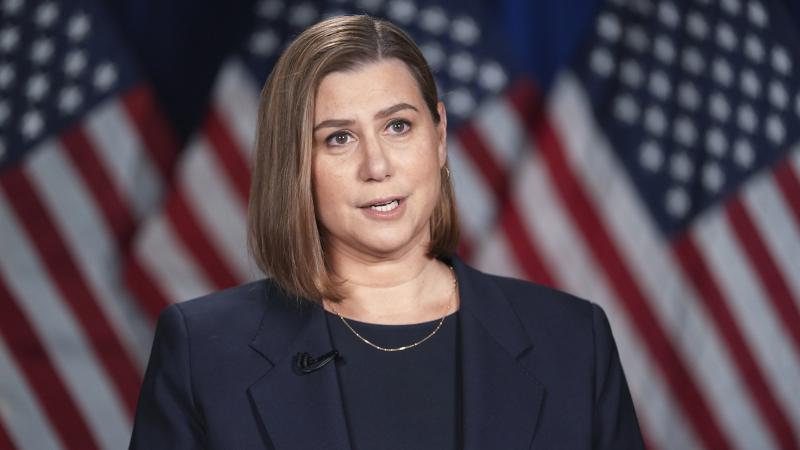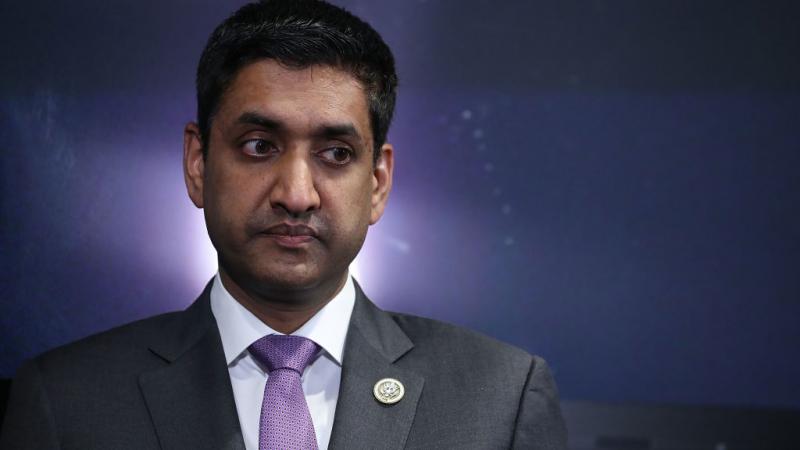FBI document reveals how much info agency can access on communication apps like WhatsApp, report
WhatsApp and iMessage in particular provide the FBI with more data than other platforms
Monitoring WhatsApp and Facebook user activity is a simple process for the FBI, according to recently obtained and published agency document.
The document obtained by "Rolling Stone" magazine outlines ways in which the agency legally obtains messages and metadata on communication apps also including Telegram and Viber.
The document appears to show iMessage and WhatsApp are the services that provide the FBI with the most access to data including content and history of messages sent and received.
WhatsApp, in fact, was revealed to be the only one of the apps included in the document that produces certain user metadata every 15 minutes, meaning that even without a request from law enforcement for message content, WhatsApp's metadata clocks who and when someone is messaging, in addition to which contacts a user keeps in their address book.
A spokesperson for WhatsApp said that the document "illustrates what we’ve been saying – that law enforcement doesn’t need to break end-to-end encryption to successfully investigate crimes."
"We carefully review, validate, and respond to law enforcement requests based on applicable law, and are clear about this on our website and in regular transparency reports," the spokesperson also said.
The document, titled "Lawful Access," covers FBI policies for iMessage, WhatsApp, Line, Viber, Telegram, Signal, Threema, WeChat and Wickr.
The apps Telegram and Signal have been marketed in particular as platforms designed to protect the privacy of users. Neither of the two provide message content to the FBI, and Telegram will provide only the IP addresses and phone numbers of suspects in cases of potential terrorist activity.
"The ease with which the FBI surveils our online data, mining the intimate details of our daily lives, threatens us all and paves the way for authoritarian rule," said Ryan Shapiro, executive director of Property of the People, a DC-based transparency advocacy group that originally obtained the document before sharing it with "Rolling Stone."















